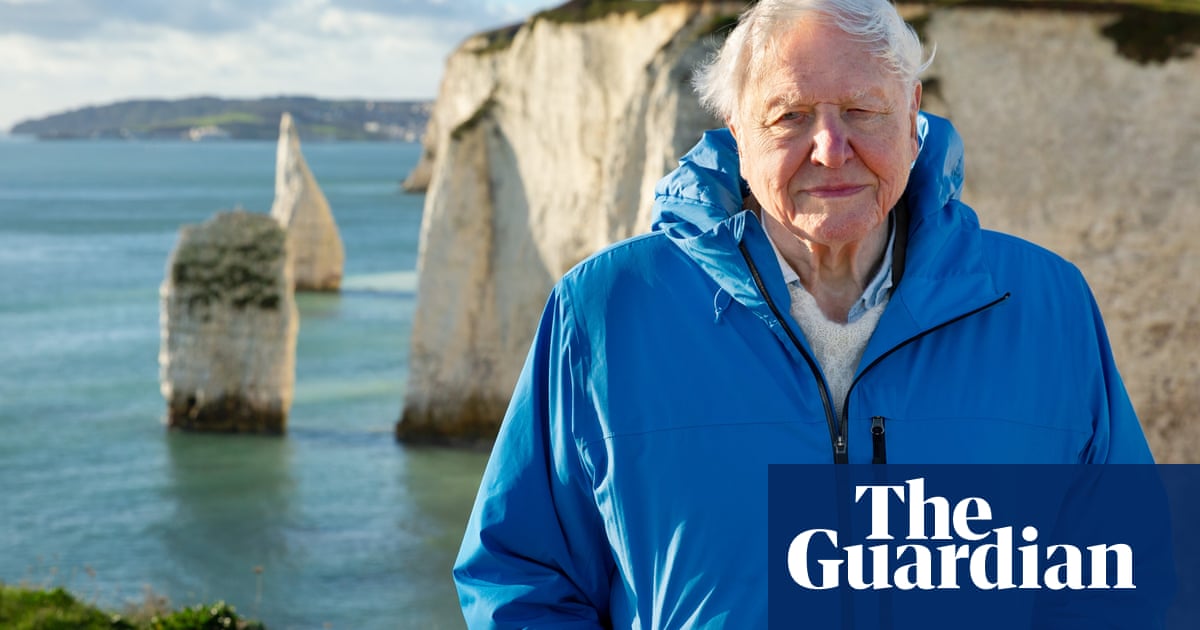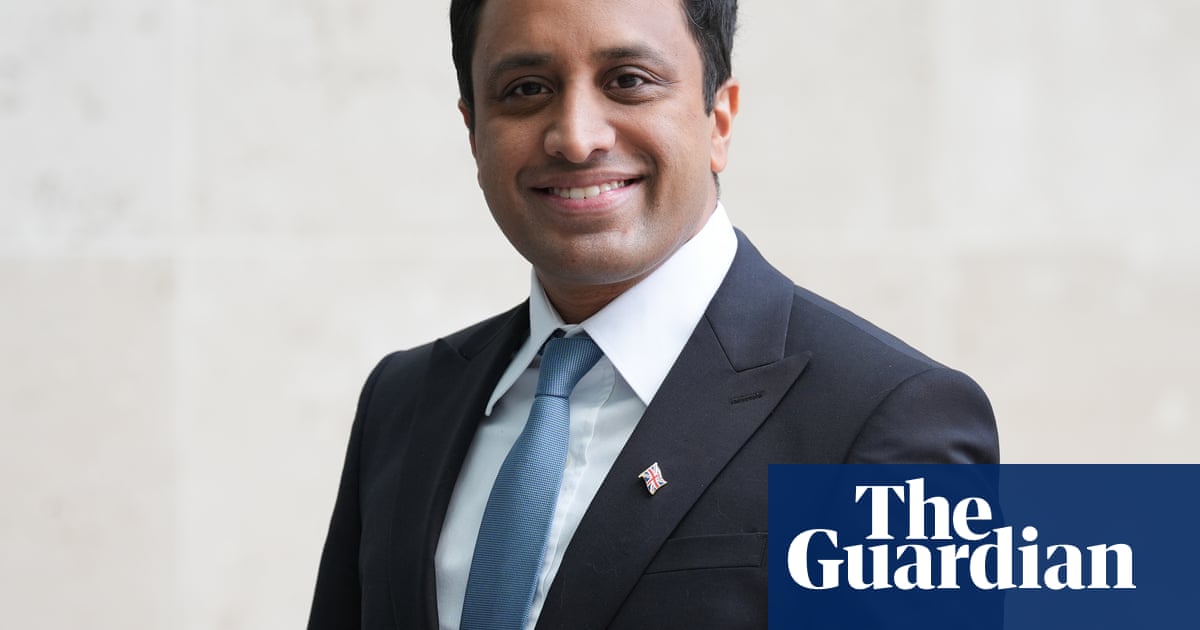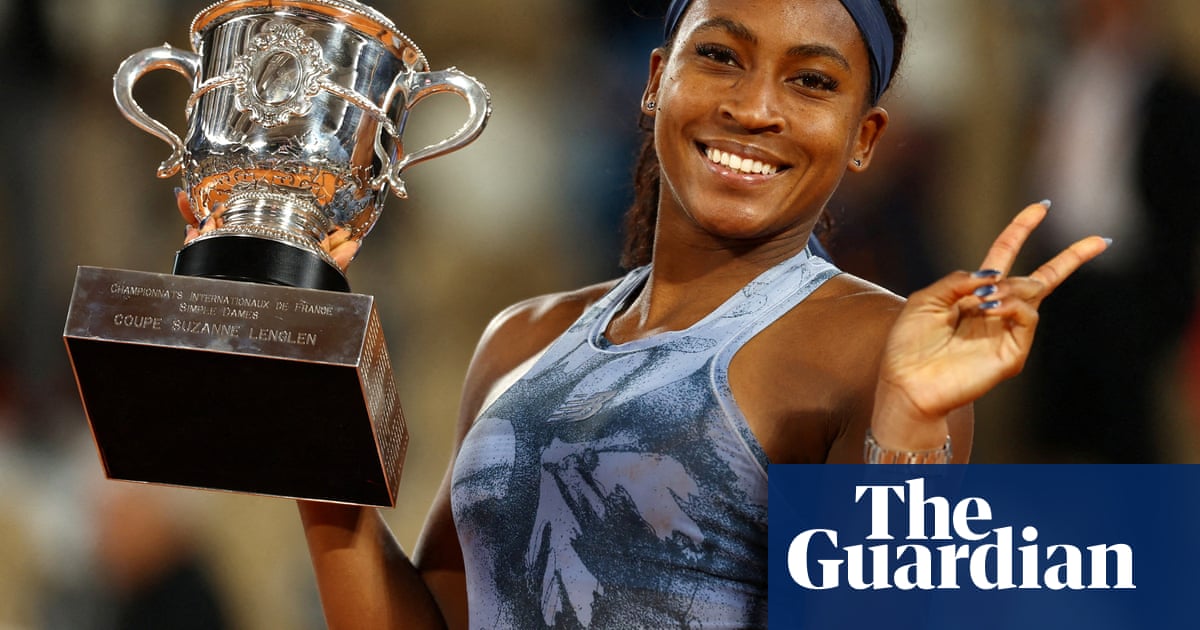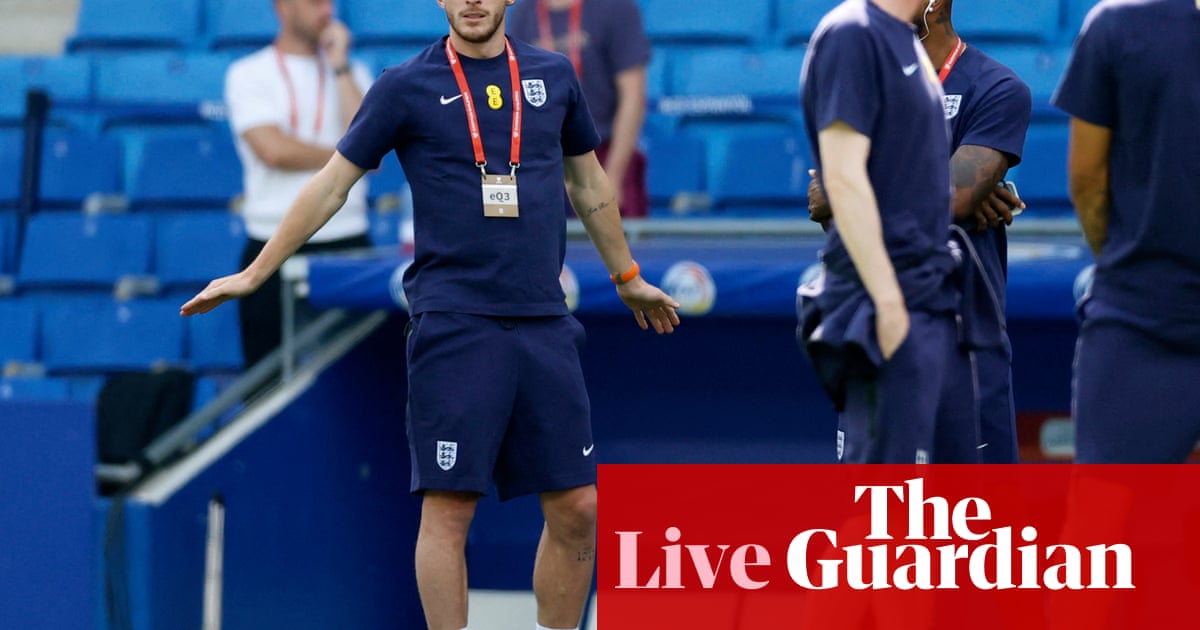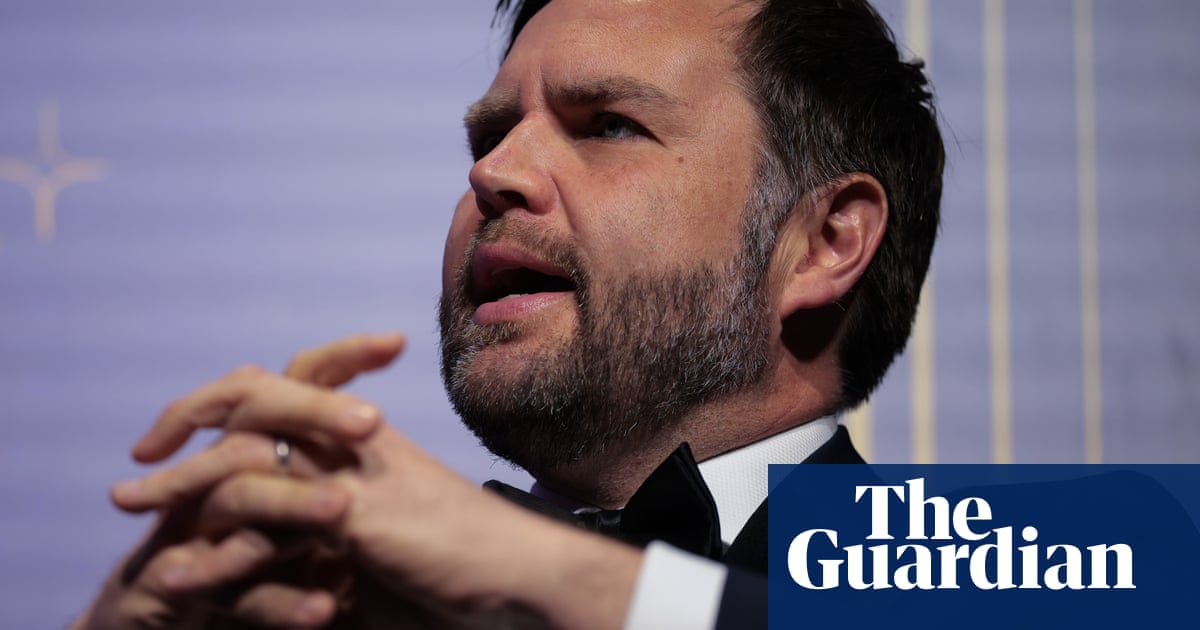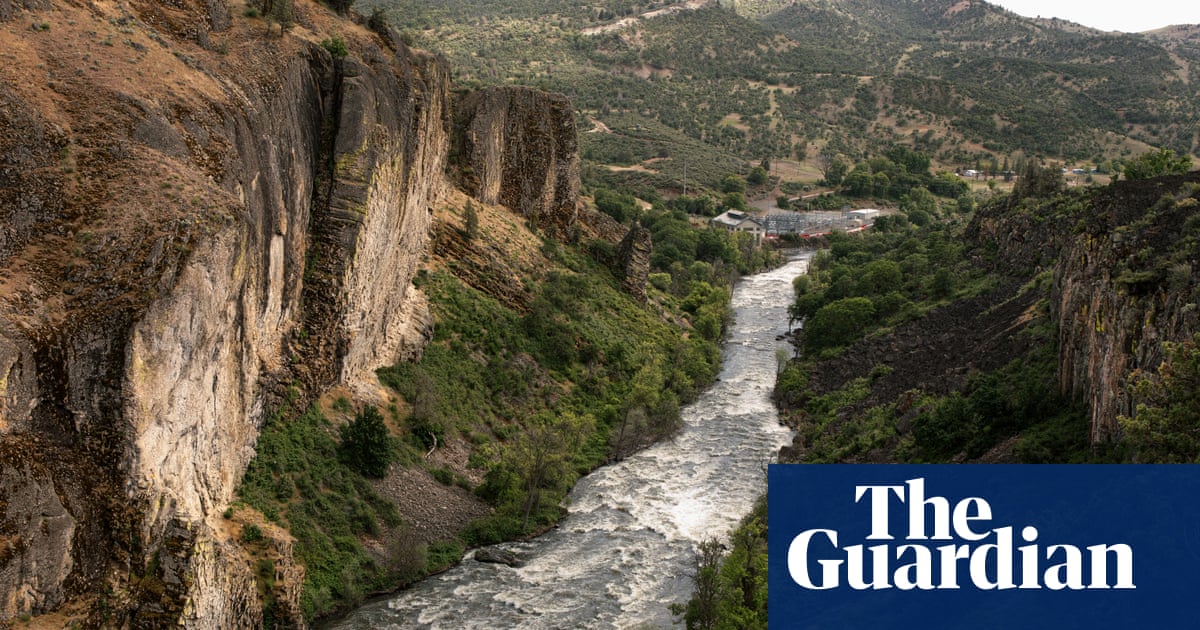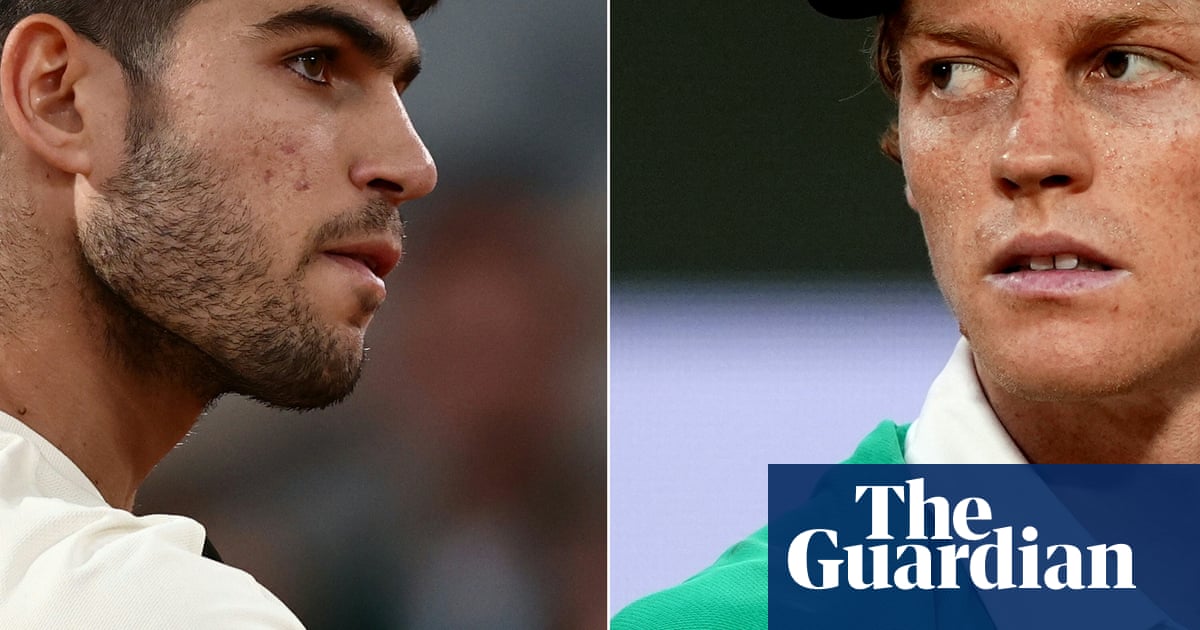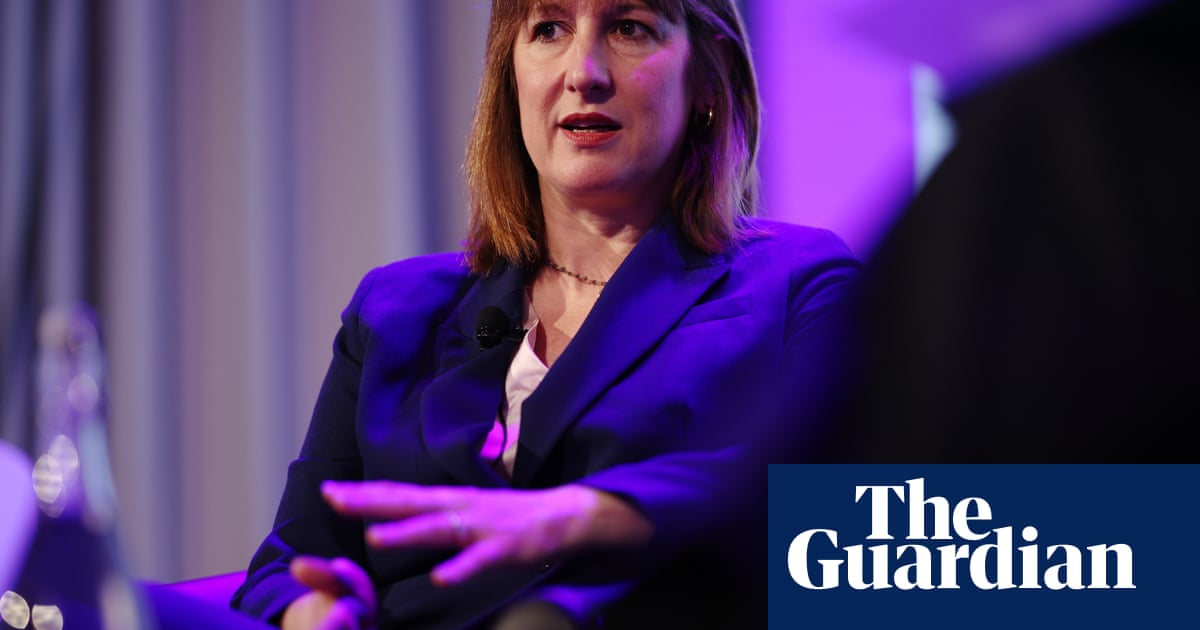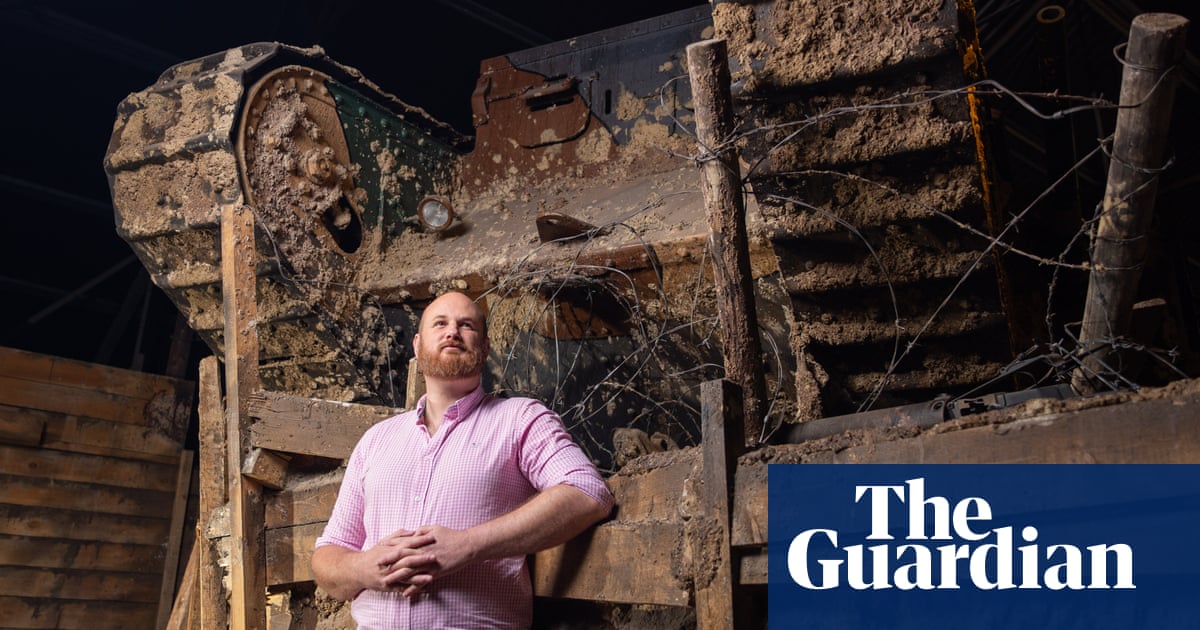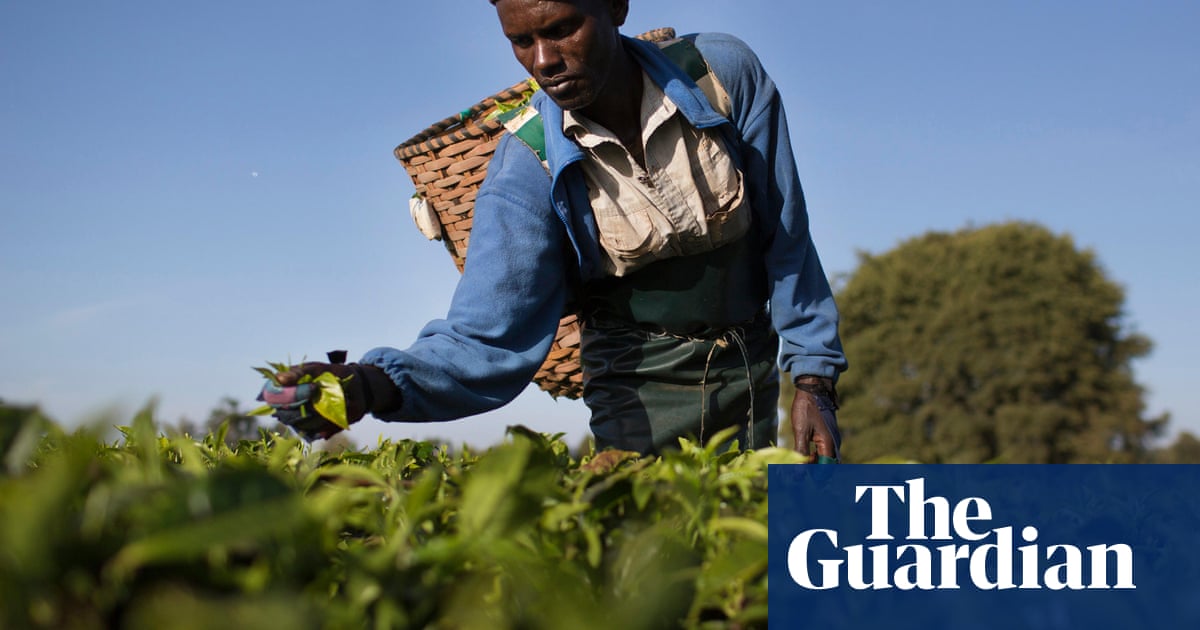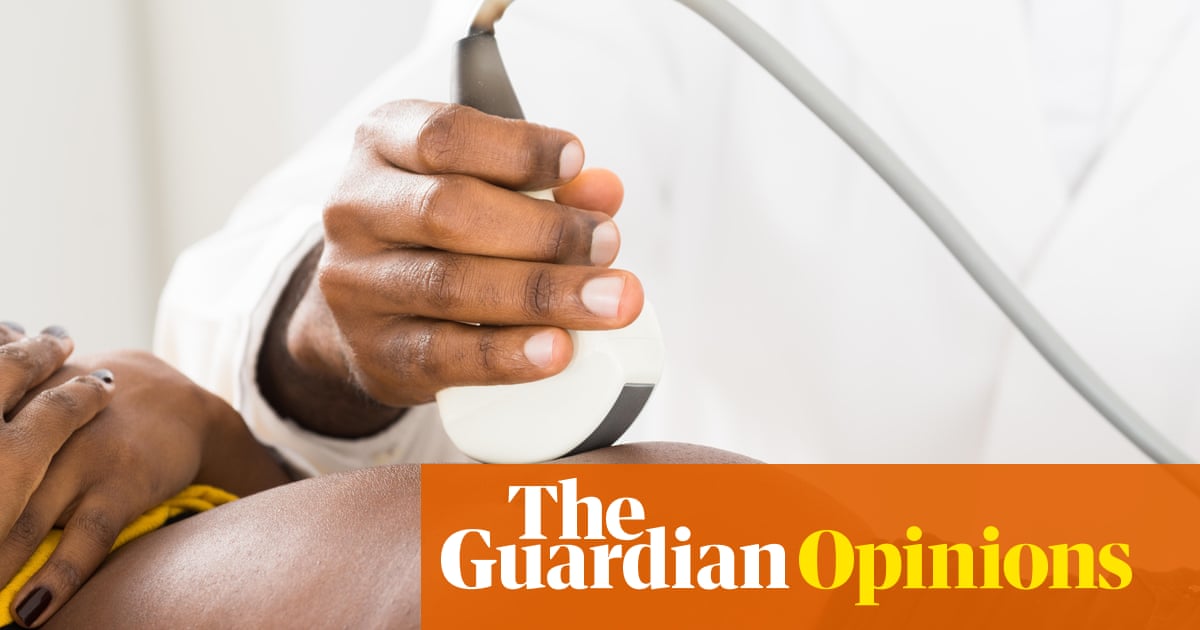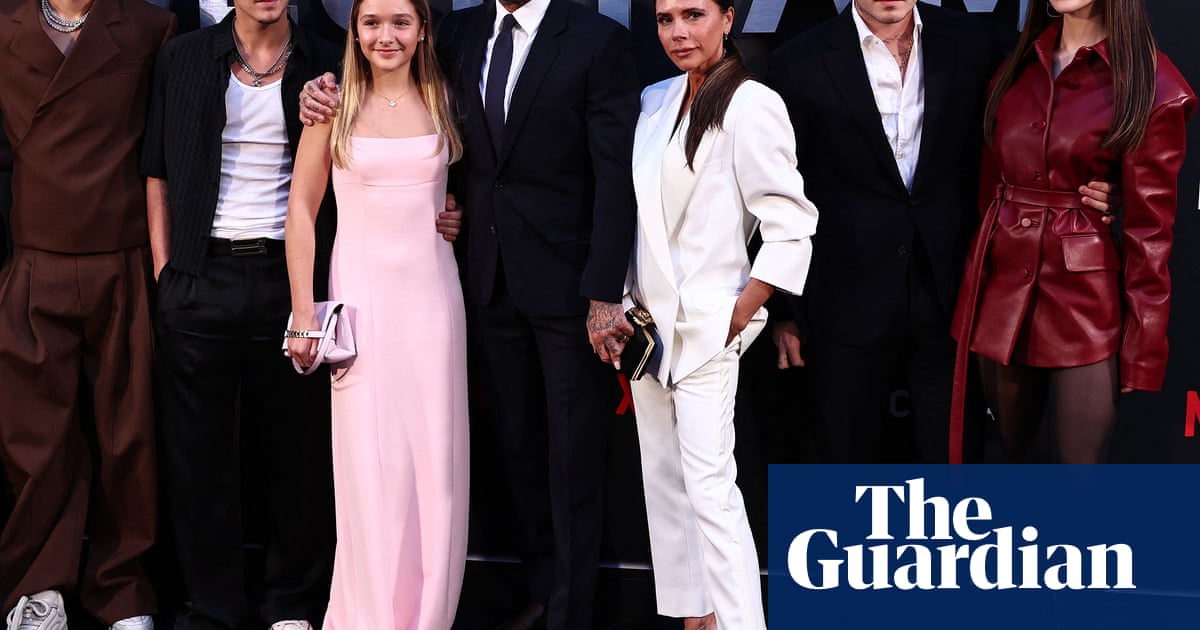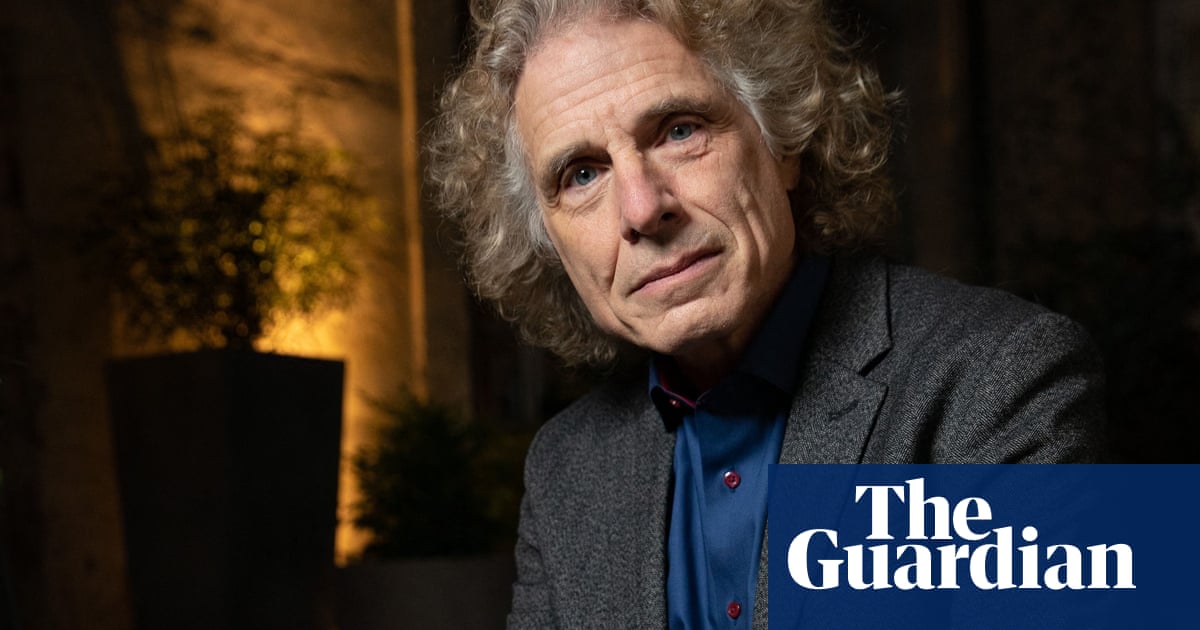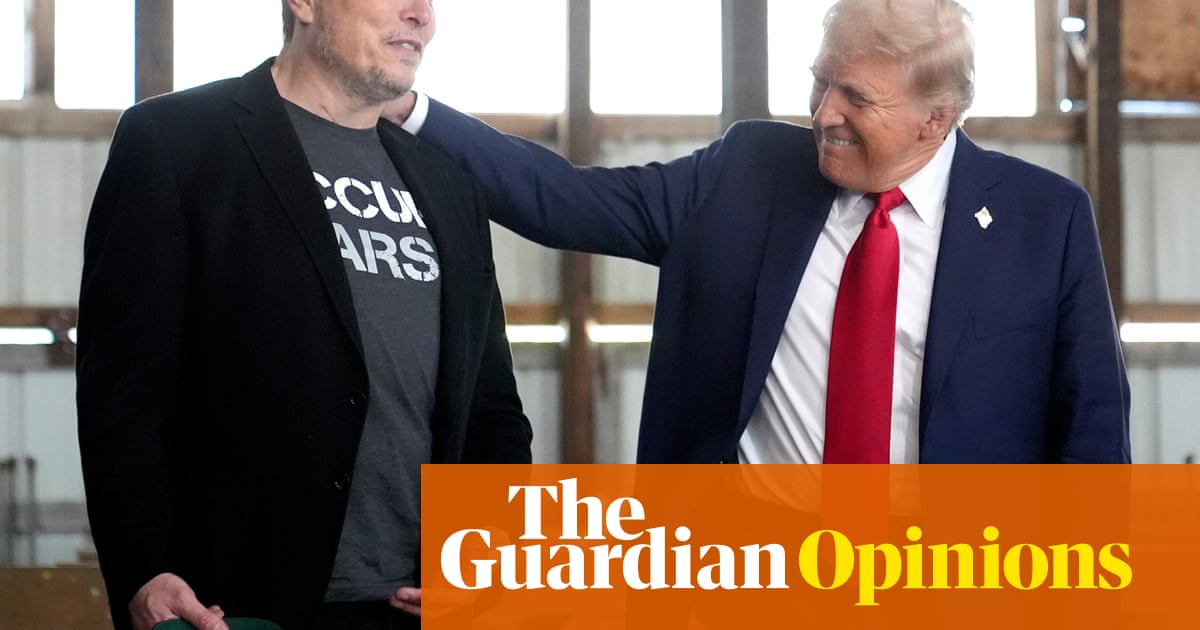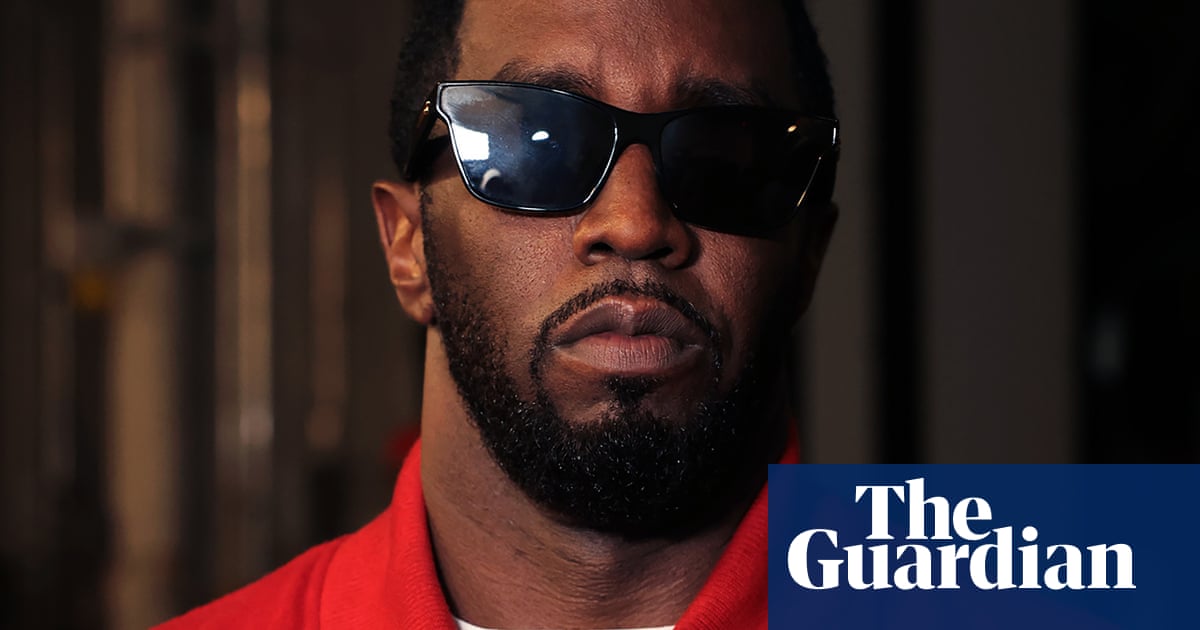When Geoff Thomas was forced to abandon his seventh attempt to complete Tour 21 at the age of 58 after an unforgiving day on the cobblestones, the former Crystal Palace captain thought his days in the saddle were over. “My bike sort of disintegrated underneath me,” remembers Thomas. “That’s when the issues with my knees started so I’d not really been on the bike since then.”
But, two years on and having celebrated his 60th birthday earlier this year, he will join the group of amateur riders in tackling the entire Tour de France route a week before the pros, a ride of nearly 3,500km to raise money for Cure Leukaemia.
“Before Christmas, it seemed a long shot because after so many years of playing football, I’ve got grade four arthritis in both my knees,” Thomas says. “They said I was probably not far away from needing to have knee replacements. But I didn’t really want to do that.”
That was when Mark Gillett stepped in. The Premier League’s chief medical officer took part in Tour 21 in 2022 when Thomas had to give up because of the chronic pain he was in. Gillett recommended a hydrogel injection called Arthrosamid, which was first developed for treating horses and is now being used for those suffering with osteoarthritis in the knee.
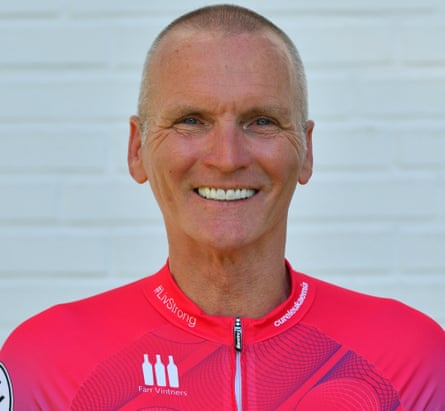
“You put the injection into the joint, and over three to six months, it gets incorporated into the joint lining and forms a physical barrier,” he says. “So it’s like a gel barrier, so that, whereas in arthritis the natural lining of the joint gets eroded and you get really sensitive nerve endings and bone on bone, you get that barrier between the two, so you’re not feeling so much pain.”
The results have been spectacular for Thomas, who jokes that “it feels like polyfilla at times”, adding: “I could feel the knee not going through the same pain as it was when I was trying to get back on the bike. A couple of months later, I’m getting out there and doing 135-mile rides again. It’s allowing me to have that dream of doing the Tour again.”
Thomas, who won nine caps for England, knows all about overcoming the odds. He was given three months to live when he was diagnosed with chronic myeloid leukaemia in 2003, a year after retiring from playing. But, after receiving a stem cell transplant from his sister Kay and undergoing treatment from Prof Charlie Craddock, he entered remission in January 2005.
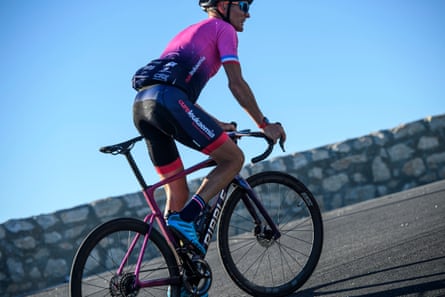
The life-saving treatment motivated him to embark on his first Tour 21 a few months later to raise money for continuing research into the disease, with Thomas estimating that each edition has helped to raise more than £1m for Cure Leukaemia, which has also been adopted as the Tour de France’s official charity partner.
“What the charity’s done from when I was diagnosed in 2003 … the chances of any clinical trials going on in the world of blood cancer was minimal,” he says. “It was Charlie who really had this vision of building an infrastructure that would accelerate trials through the system. That’s up and running now and people are surviving in bigger numbers.”
Thomas interrupted his training to see Palace finally lift their first major trophy by beating Manchester City – the club he supported as a child – at Wembley in the FA Cup final. It was 35 years after he had led them to their first final, before Palace finished third in the old First Division the following season. They were denied a place in Europe as English clubs were being phased back into European competition after being banned in the mid-1980s, and Thomas is hoping that the lure of a Europa League campaign under Oliver Glasner can persuade some of their best players such as Marc Guéhi and Eberechi Eze to stay in south London. “Hopefully times are changing and Palace will be able to build on their success,” he says.
But it is the prospect of completing this year’s gruelling route – which will feature five mountain finishes including the famous Hautacam, Ventoux and the Col de la Loze summits – that will occupy his mind over the next few weeks. Gillett has full confidence that Thomas can overcome his knee issues and make it to the finish line on the Champs Élysées in mid-July.

“I’m a very optimistic guy, that’s part of my job,” he says. “But probably two or three months ago, I was thinking, ‘I’m not sure he can do this’. But he’s got a really good chance. He’s done incredibly well.”
For Thomas, finally completing the Tour for a seventh time would be a fitting way to round off his cycling career. “In some ways, I wish I had finished in 2021 because it was fantastic riding into Paris knowing that we had raised so much money. But I knew I had to do it again and now I want to finish on a high to help celebrate Cure Leukaemia and what they are going to be doing over the next five to 10 years.”

 7 hours ago
3
7 hours ago
3
